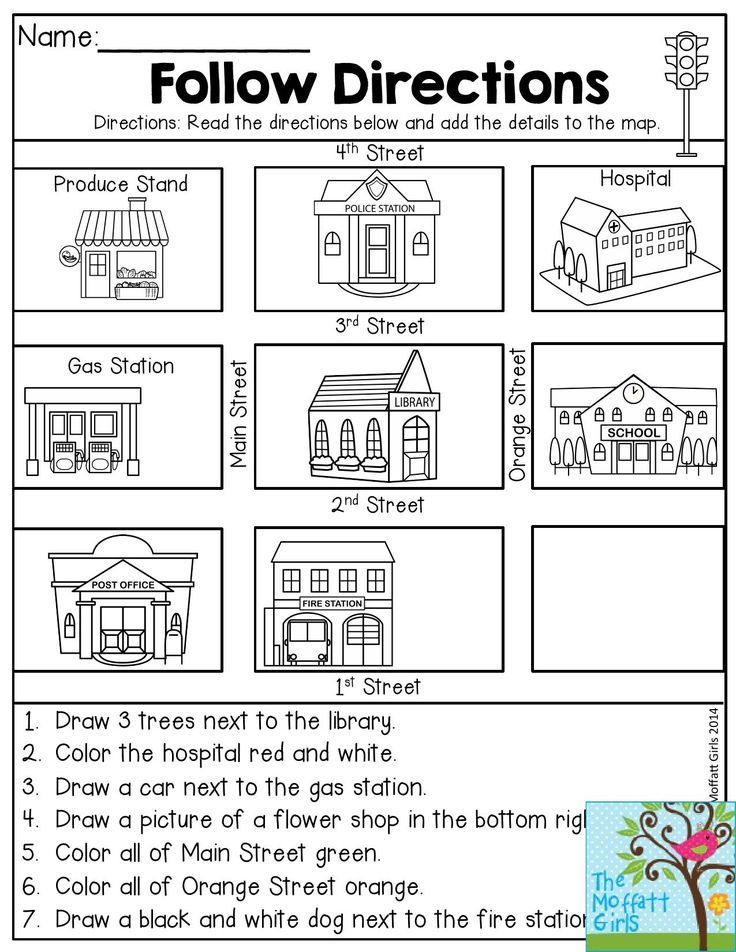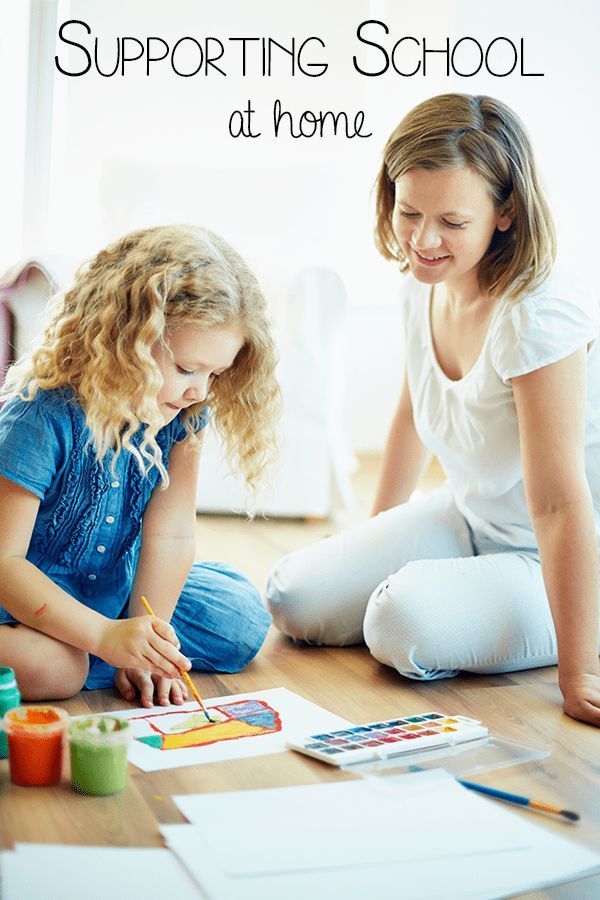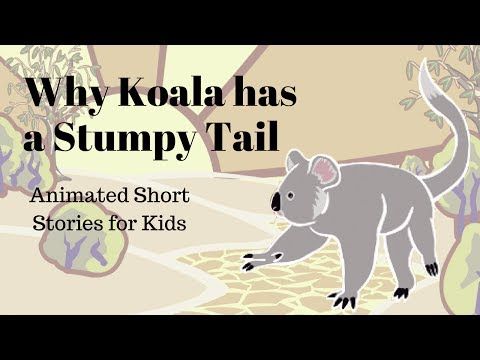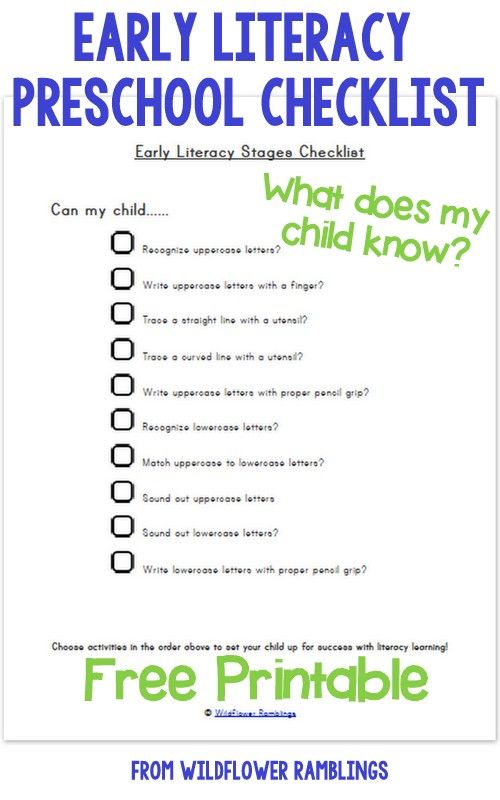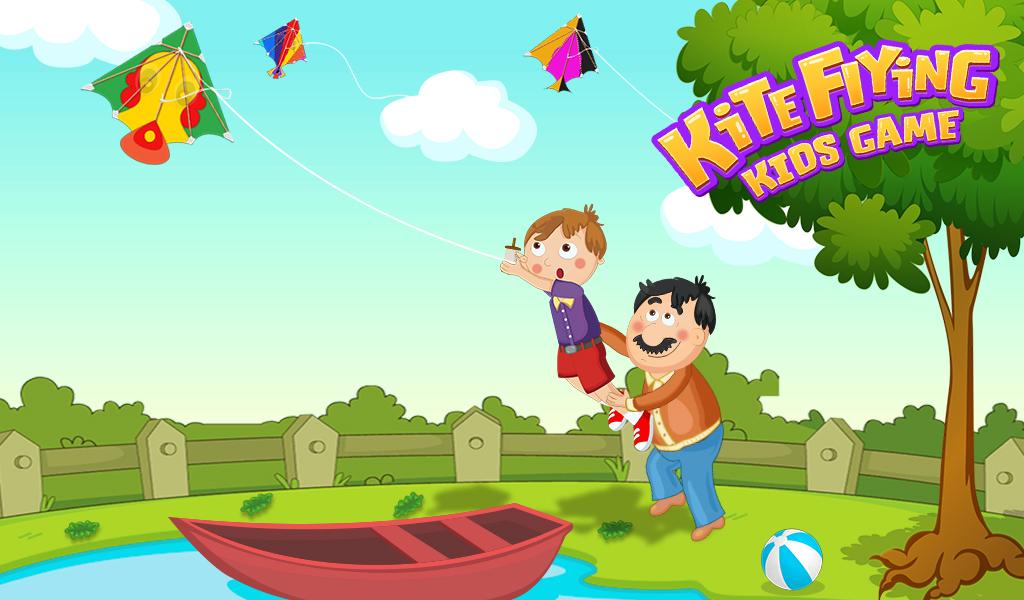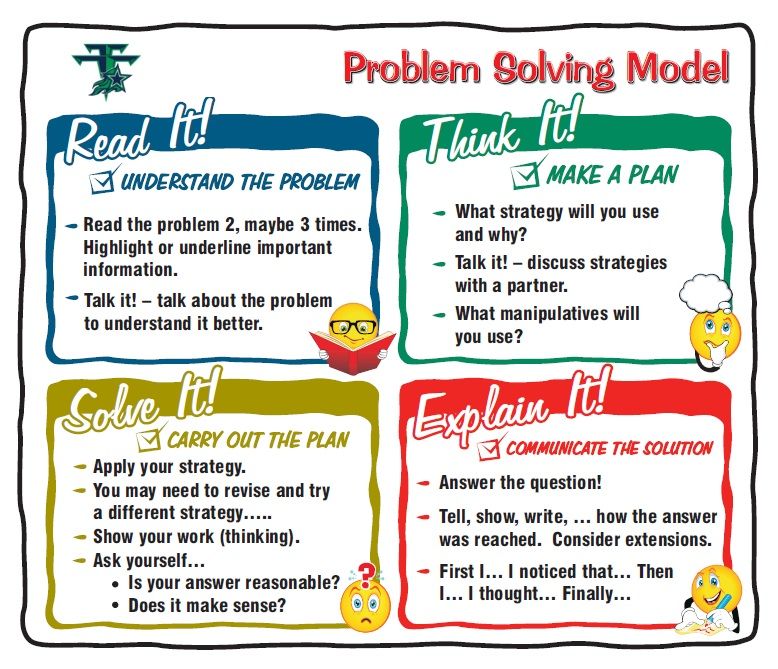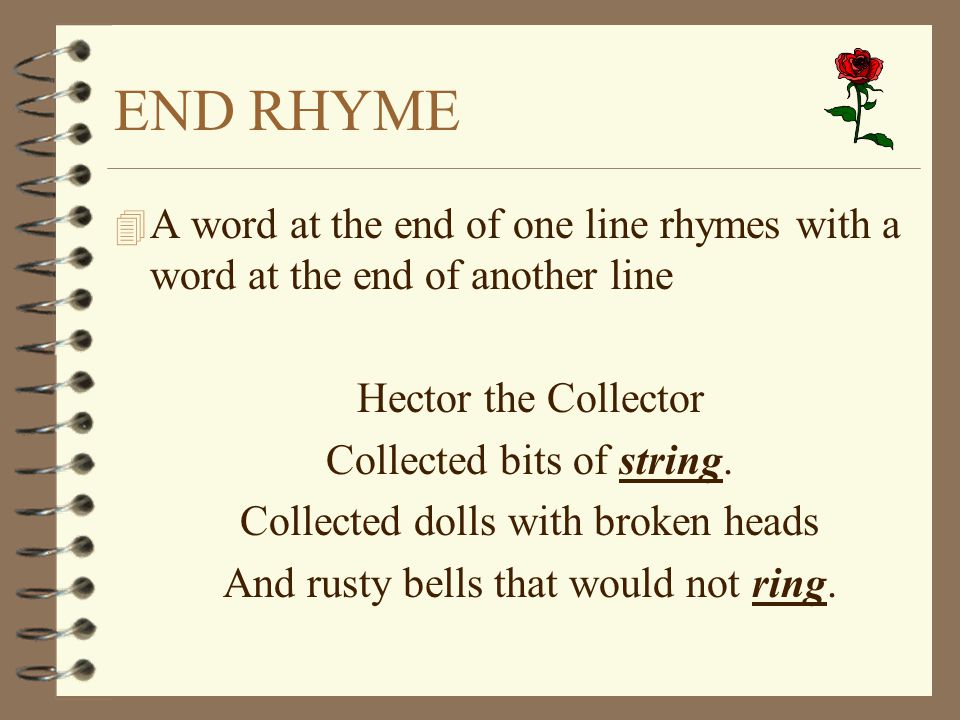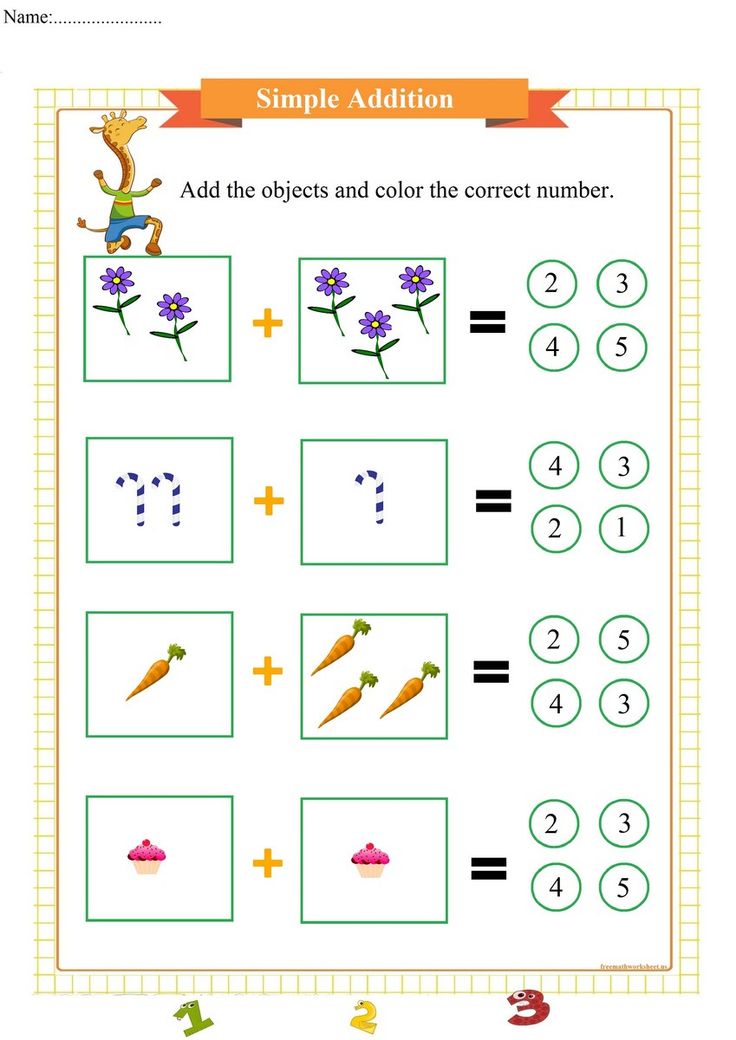Vocabulary activities for 1st graders
Vocabulary: Activities for Your First Grader
Talking to and reading with your kindergartner are two terrific ways to help them hear and read new words. Conversations and questions about interesting words are easy, non-threatening ways to get new words into everyday talk.
Even very young children love to hear and learn new words! Help your child expand their word bank and knowledge of the world by using interesting and vivid words instead of simpler language in your everyday conversations.
Reading aloud exposes your child to lots of vivid language that is not found in books for beginning readers. When you come upon a new and interesting word, take the time to stop and ask your child what they think that word might mean in the context of the story. Then offer a kid-friendly definition of the word and connect it to a similar word and a shared experience.
Word learning and vocabulary growth takes time and patience. Don't expect your child to learn a new word after one conversation or one read aloud. True word learning happens after being exposed to words several times. We all learn about words throughout our lifetime. You're getting your child off to a great start by developing an early interest in words.
Vocabulary in first grade
Try these vocabulary activities at home
Read aloud every day
Reading aloud to your child and having your child read books on their own is the best way to increase their vocabulary. Books provide words they won’t encounter in everyday conversations as the language of books is more complete and formal than talking. A great story also provides context and illustrations for learning a new word.
Bring in the nonfiction
Nonfiction and informational books (such as the DK Eyewitness series) offer young children a treasure chest of new and interesting words about our world.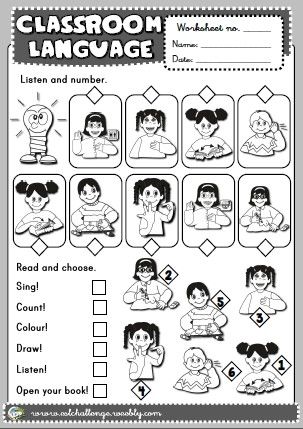 If the book has a glossary, spend some time discussing the words with your child, and as you read aloud stop as often as needed to think about new words and how they connect to what your child already knows about. Learn more in this article, The Vocabulary of Science.
If the book has a glossary, spend some time discussing the words with your child, and as you read aloud stop as often as needed to think about new words and how they connect to what your child already knows about. Learn more in this article, The Vocabulary of Science.
Talk about new words during read alouds
Talking to and reading with your child are two terrific ways to help them hear and read new words. Conversations and questions about interesting words are easy ways to get new words into everyday talk. "The book says, 'The boy tumbled down the hill,' and look at the picture! How do you think he went down the hill?"
Sharing a new word with your child doesn't have to take a long time: just a few minutes to talk about the word and then focus back on the book or conversation. Choose which words to talk about carefully — choosing every new word might make reading seem like a chore. The best words to explore are ones that are less common to see in the books your child might read.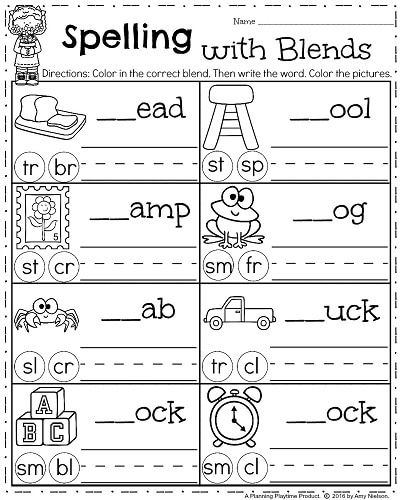 When introducing new words to your young learner, keep the following four helpful hints in mind:
When introducing new words to your young learner, keep the following four helpful hints in mind:
- Provide a simple, kid-friendly definition for the new word: Enormous means that something is really, really big.
- Offer a simple, kid-friendly example that makes sense within their daily life: Remember that really big watermelon we got at the grocery store? That was an enormous watermelon!
- Encourage your child to develop their own example: What enormous thing can you think of? Can you think of something really big that you saw today? That's right! The bulldozer near the park was enormous! Those tires were huge.
- Keep your new words active within your house. Over the next few days and weeks, take advantage of opportunities to use each new vocabulary word in conversation. Kids often need to hear a new word in context ten times or more before they "know" that word.
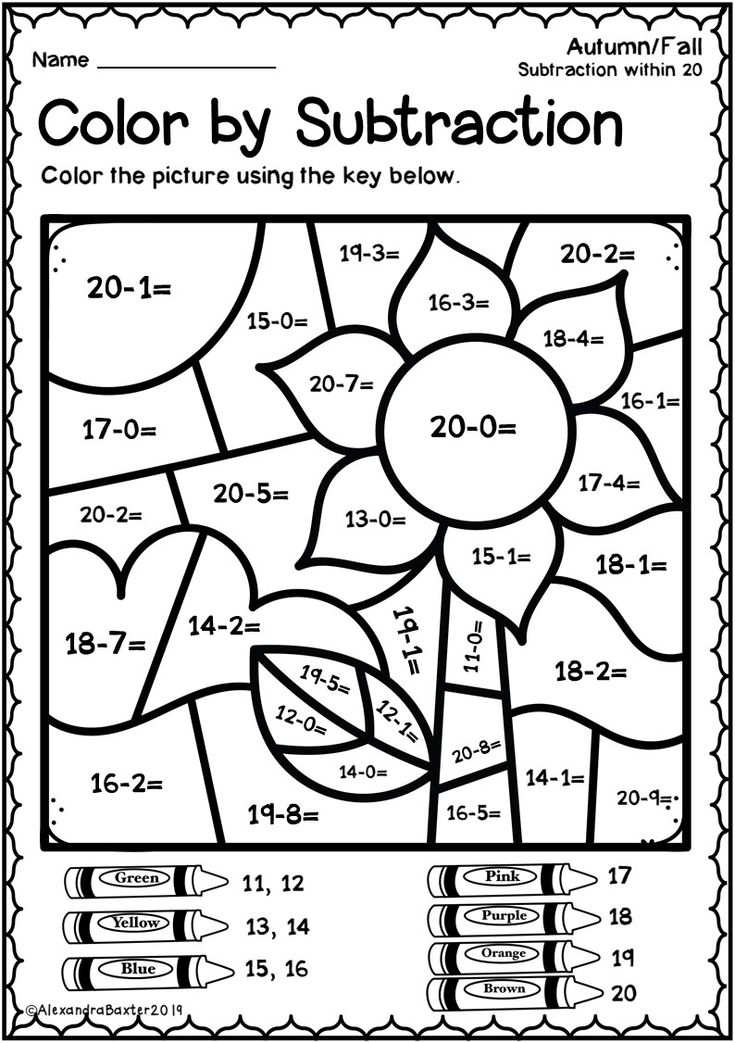
How do I help my child learn new words while we read aloud?
Literacy expert Sandra Wilborn suggests that parents pause during the read aloud to elaborate on a new word by giving a simple definition, connecting the word to something your child knows, and using it in a sentence. Reinforce the learning by using that new word at home in the weeks ahead. (From our video series Reading SOS: Expert Answers to Family Questions About Reading.)
Give them great words
Children's author Jane Yolen (Owl Moon, How Do Dinosaurs Say Goodnight?) delights in using rich language in her picture books. In this clip from our video interview with Yolen, she says she often has to fight to keep good words — that really stretch vocabulary learning — in her picture books.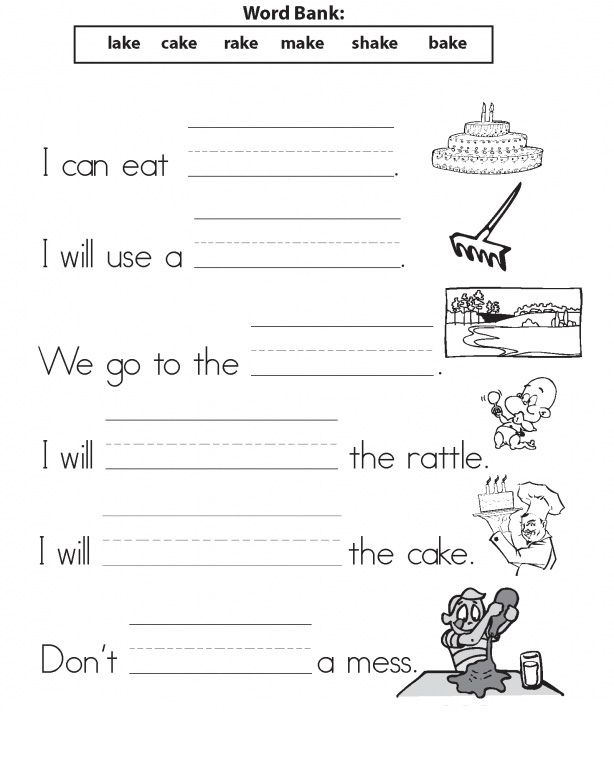
Grocery store vocabulary
The produce section is a great place to hear new interesting words. Words like rhubarb, asparagus, artichoke, and kiwi are fun to say, and fun to eat. As you introduce each one, use descriptive words to help your child learn. "A kiwi has a fuzzy outside, but the inside is bright green with black seeds!"
Start at the root
Begin with a simple root word, such as push. Ask your child to come up with words they know that contain that word, such as pushing, pushed, pushover, push-up. Talk about how all these words have some shared meaning related to the word push.
Consider the prefix
Numeric prefixes like bi- and tri- are a part of many words kids know and use. Discuss words like tricycle, tricep, triangle. All these words share the prefix tri-, which means three.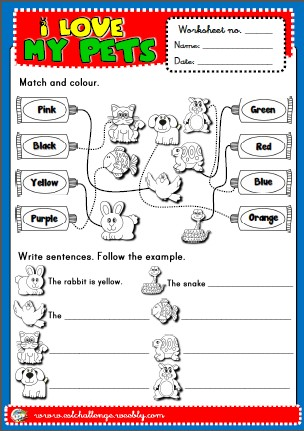 Can they develop a list of words that begin with the prefix bi- (like bicycle and binoculars)? This gives you a great chance to introduce new words, like bicentennial, bicep, and biped. You can generate similar word lists with the numeric prefixes uni, octo, and cent.
Can they develop a list of words that begin with the prefix bi- (like bicycle and binoculars)? This gives you a great chance to introduce new words, like bicentennial, bicep, and biped. You can generate similar word lists with the numeric prefixes uni, octo, and cent.
Word connections
Try this activity from the Florida Center for Reading Research (FCRR). The FCRR "At Home" series was developed especially for families! Watch the video and then download the activity: Word Connections. See all FCRR vocabulary activities here.
Homonym fun
Homonyms — words that sound the same but have different meanings — provide a great opportunity for word fun. Say a word out loud, and see if your child can generate more than one meaning for the word. For example:
bark: the sound a dog makes
bark: the covering on a treering: jewelry you wear on your finger
ring: the sound a doorbell makes
Explore your world
Visits to a museum, the zoo, the botanical garden, historical sites, and even your neighborhood park are terrific opportunities to introduce your child to new words.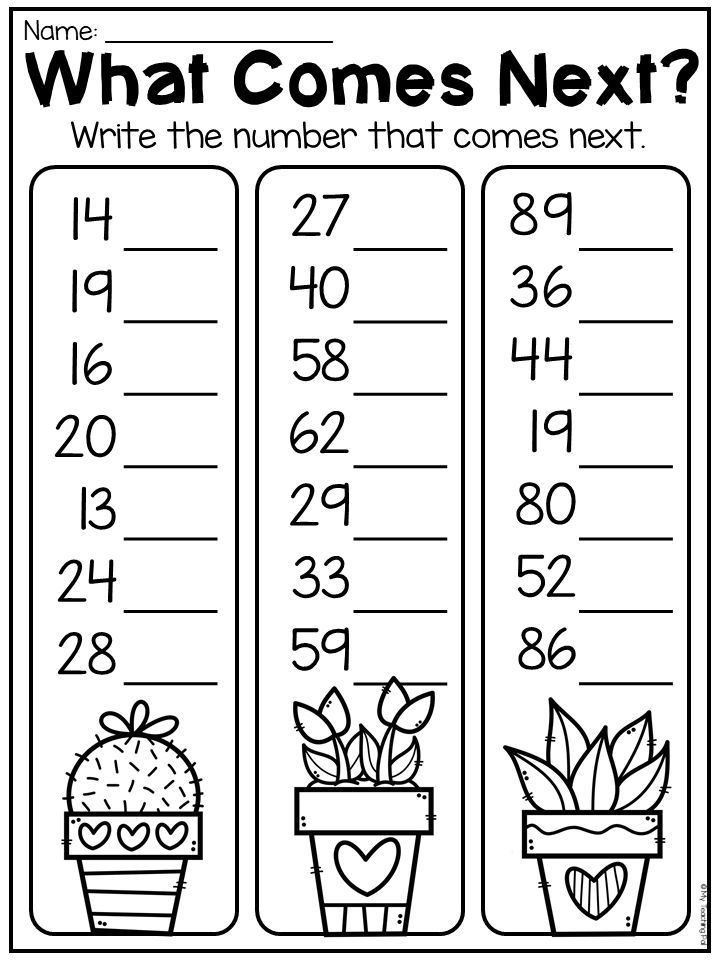 Spend some time looking at the signage and identifying new words, then connecting them to what you see right there.
Spend some time looking at the signage and identifying new words, then connecting them to what you see right there.
"What’s another word for ..."
This game helps your child learn there’s more than one word for everyday things. For example, look around you and say, "what's another word for couch?" (sofa, ottoman). Or, "what's another word for cup?" (glass, mug) .You can extend the game by talking about how two things are similar but not exactly alike (glass, mug). That helps your child learn about the subtle differences in related words.
Understanding vocabulary: why it’s critical to your child’s reading
This video is from Home Reading Helper, a resource for parents to elevate children’s reading at home provided by Read Charlotte. Find more video, parent activities, printables, and other resources at Home Reading Helper.
More vocabulary resources
Vocabulary apps
Reviews provided by Common Sense Media.
Vocabulary Activities - Lucky Little Learners
Written by: Angie Olson
21.0K shares
- Share9
- Tweet
Are you required to teach a list of vocabulary words each week? Vocabulary words are a very important piece of teaching students to read. Learning and mastering essential vocabulary words can be achieved through vocabulary graphic organizers, vocabulary templates, no-prep vocabulary worksheets, vocabulary games, and a vocabulary display for your classroom wall!
Before we jump into the activities, if you prefer to see some of these activities in action, check out the video below!
Vocabulary Words of the Week in Journals
At the beginning of the week, we take two days to introduce all of our new vocabulary words for the week.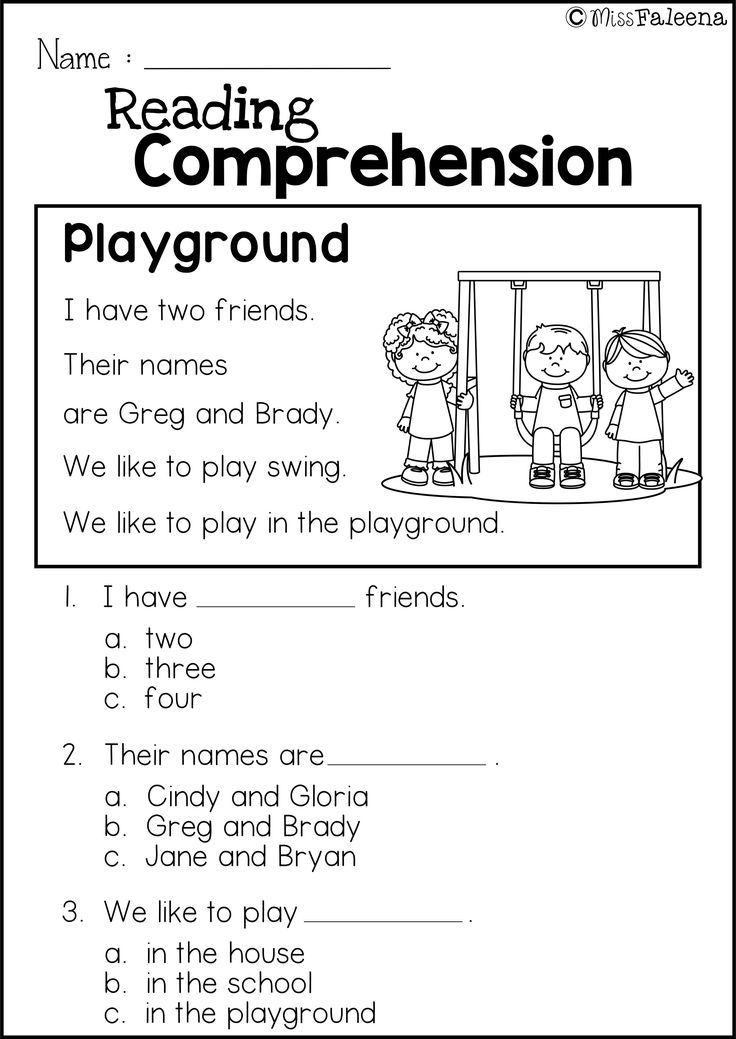 When the words are introduced the teacher shows the word and a picture to match the word. The students take turns guessing what the word means. Finally the teacher reads the definition with the students. The students help the teacher determine an action that will represent the vocabulary word. This is a very important piece because research shows that when kinesthetics are included into learning, students are better able to retain the new information. All week this action is paired with the word whenever it is read or said. The students then write the word and definition onto their Words of the Week sheet and place it into the vocabulary journal for future reference.
When the words are introduced the teacher shows the word and a picture to match the word. The students take turns guessing what the word means. Finally the teacher reads the definition with the students. The students help the teacher determine an action that will represent the vocabulary word. This is a very important piece because research shows that when kinesthetics are included into learning, students are better able to retain the new information. All week this action is paired with the word whenever it is read or said. The students then write the word and definition onto their Words of the Week sheet and place it into the vocabulary journal for future reference.
Download Words of the Week HERE
Vocabulary Journals
Vocabulary journals should be a staple in every classroom. Vocabulary journals can take the form of a stapled packet, coil binded book, or hole punched binder. The purpose of a vocabulary journal is to have a place for students to keep all of their vocabulary practice and a place for them to look back and reference past vocabulary words.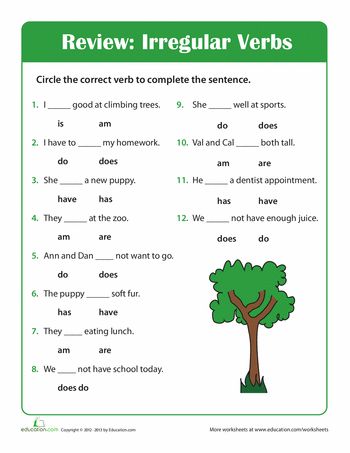 I love adding the vocabulary journals the parent teacher conference portfolios. I also love to have students bring their vocabulary journals back to the reading table during reading groups to reference or add information.
I love adding the vocabulary journals the parent teacher conference portfolios. I also love to have students bring their vocabulary journals back to the reading table during reading groups to reference or add information.
Download Vocabulary Journal HERE
Free Editable Word Cards
Every week we put our new vocabulary words on cards. These cards are used all week for a variety of games and activities. At the end of the week, the students take the cards home to practice and keep. Download a free copy of the editable vocabulary cards here.
This post contains affiliate links for Amazon. By purchasing an item on the Amazon site using these links, I will receive a small commission on your purchase. For more information about my Disclosure Policy, please visit this link.
Vocabulary Headbandz
Vocabulary Headbandz is a fun game that students love. Simply print off your vocabulary words onto these free editable vocabulary cards. Each student attaches a vocabulary word card to their headband.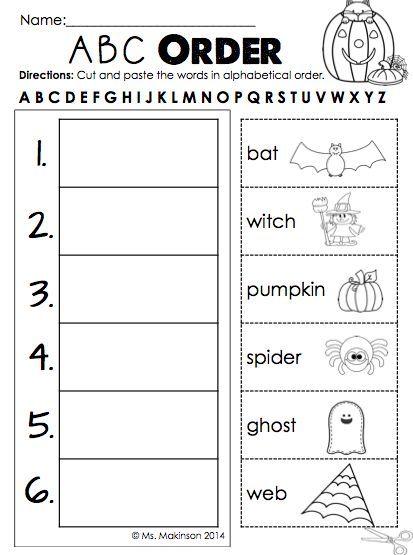 The youngest participant takes the first turn. Then play passes to the left. When it’s your turn, just flip over the timer and ask each of the players a question that will help you figure out what the picture is on your head. Once you’ve asked each player a question, simply begin another round and then another. If you guess the vocabulary word before the timer runs out, simply take another card and put it behind your headband. Continue to ask questions until the timer runs out. For each vocabulary word that is guessed correctly, you get a point. The player with the most points at the end of the game is the winner.
The youngest participant takes the first turn. Then play passes to the left. When it’s your turn, just flip over the timer and ask each of the players a question that will help you figure out what the picture is on your head. Once you’ve asked each player a question, simply begin another round and then another. If you guess the vocabulary word before the timer runs out, simply take another card and put it behind your headband. Continue to ask questions until the timer runs out. For each vocabulary word that is guessed correctly, you get a point. The player with the most points at the end of the game is the winner.
Teacher Tip:
If you don’t own the Headbandz game, the headbands could be made from sentence strips and binder clips.
Memory/Concentration
Memory (also known as Concentration) can be played two different ways. Students can have two stack of vocabulary words and take turns turning over two cards in an effort to get a match.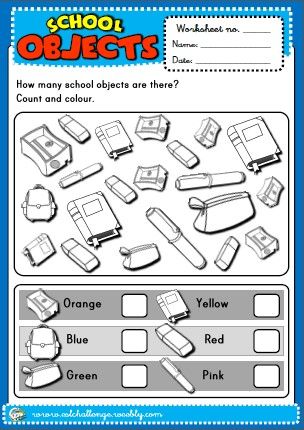 Each time a card is turned, the student turning the card has to read the word aloud and use it in a sentence. If the student gets a match, he/she can keep the match and go again. If the student does not get a match, the next player takes a turn. Another variation of the game would be to have one copy of cards have the vocabulary words printed on them. The other set of cards has the definitions printed on them.
Each time a card is turned, the student turning the card has to read the word aloud and use it in a sentence. If the student gets a match, he/she can keep the match and go again. If the student does not get a match, the next player takes a turn. Another variation of the game would be to have one copy of cards have the vocabulary words printed on them. The other set of cards has the definitions printed on them.
Teacher Tip: Use two different colors of paper when printing the cards. Also, choose a dark color or make copies on card stock paper so the answers don’t show through the back side of the card.
Vocabulary Display
Vocabulary displays can be a powerful instructional tool. Complete the vocabulary posters with the students. Provide the students with their own vocabulary mini-posters to complete with the teacher. If you have more than one word per day, make multiple copies of each word and display them all. Leave this information up on the wall all week and at the end of the week, the expo marker can be wiped off with Lysol wipes or a Mr.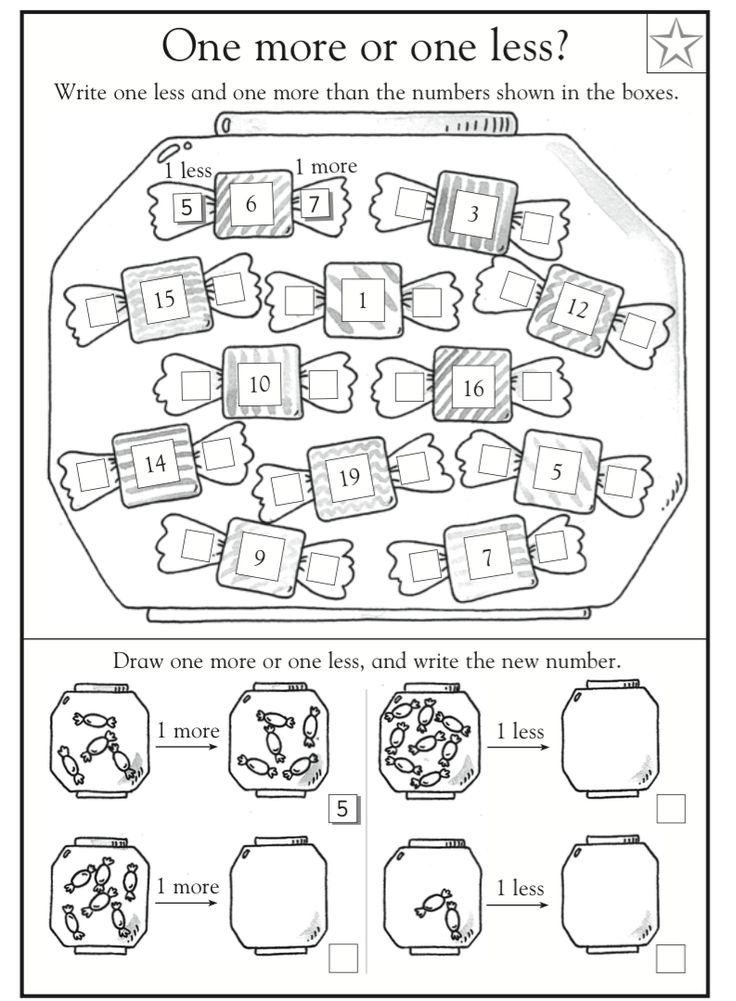 Clean magic eraser.
Clean magic eraser.
Download Vocabulary Display HERE
Vocabulary Bingo
After the class has learned at least twenty-five different vocabulary words, bingo is a great option that students love to play that will provide a great opportunity to review. Students simply write a vocabulary word in each space of their bingo card. The teacher provides the definition of one of the words and the student finds the vocabulary word and covers it with a bingo chip. The first student to get 5 in a row, 4 corners, or black out wins the game.
Download Vocabulary Bingo HERE
Roll a Word
Students need a vocabulary word list or stack of word cards. This activity should be played with partners or small groups. Students take turns choosing a card/word. Then student rolls a dice and follows the prompt on the Roll a Word sheet. Other players determine if the answer is correct. Players take turns until the teacher decides that the time is up.
Download Roll a Word HERE
Vocab Short Stories
Writing stories is the ultimate determination of whether or not a student truly understands the meaning of his/her vocabulary words.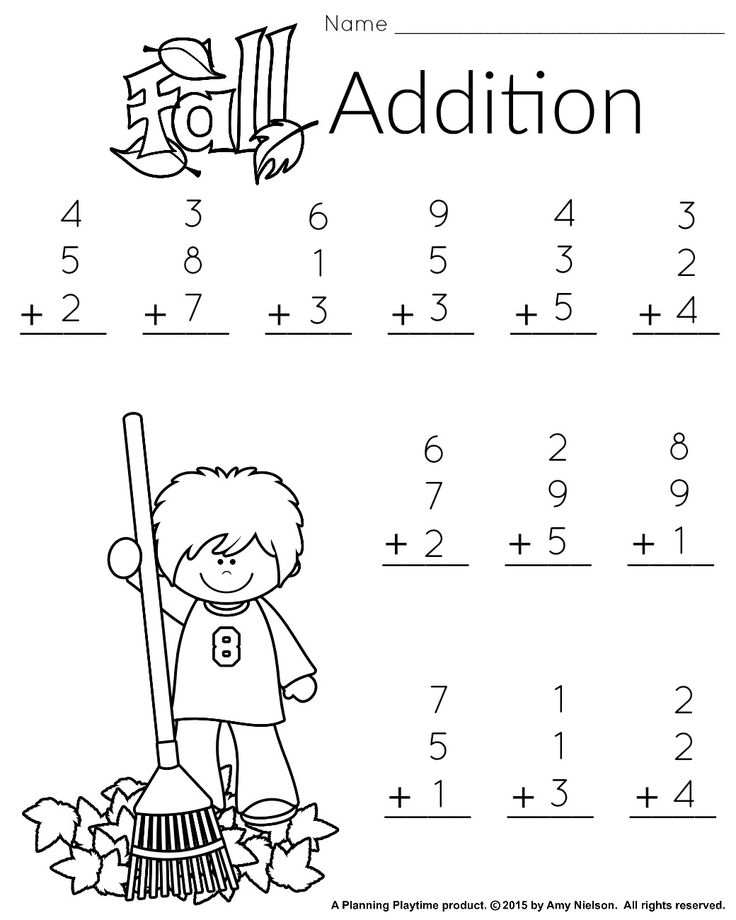 The teacher writes the vocabulary words that he/she would like the students to use when writing their short stories before making copies. Students need to use all the vocabulary words in context all while forming a short story. This activity comes with templates for 8 words, 10 words, or 12 words as well as with or without space for drawing a picture to match the story.
The teacher writes the vocabulary words that he/she would like the students to use when writing their short stories before making copies. Students need to use all the vocabulary words in context all while forming a short story. This activity comes with templates for 8 words, 10 words, or 12 words as well as with or without space for drawing a picture to match the story.
Download Vocab Short Story HERE
Parts of Speech
Nouns, verbs, adjectives, and adverbs are an important piece of students learning grammar so why not combine them with vocabulary word practice? Students read the words at the top of their sheet and then sort them into the proper grammar categories. This worksheet is available in 8 words, 10 words, or 12 words templates.
Download Parts of Speech HERE
Draw a Word
Drawing detailed pictures of a word’s meaning is another powerful tool to help students learn, understand, and retain a new vocabulary word. The teacher can choose the six words prior to making copies or the student can choose the six trickiest words.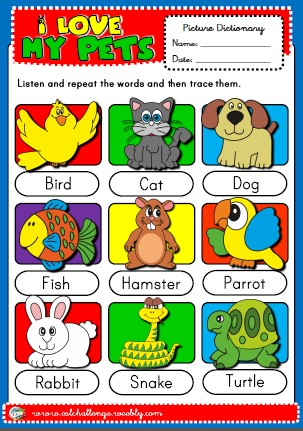
Download Draw a Word HERE
Picture This
Give each student a vocabulary card with a number. Write the numbers from 1-25 (or however many students you have in your class). Once students get their card, instruct them not to show anyone their card. Provide the students some time to draw the vocabulary word with as many details as possible. The student needs to also include their card number in the corner of their drawing. Write the list of vocabulary words on the board and give each student a recording sheet. Students walk around the classroom and look at each picture. Then they write the vocabulary word answer in the correct box of their recording sheet. Another variation for teachers who want more structure would be to have students sit at their desk while students take turns coming to the front of the class one a a time to explain their picture to the class. Students who are sitting at their desks would need to determine the word that the picture is showing and write the answer on their recording sheet.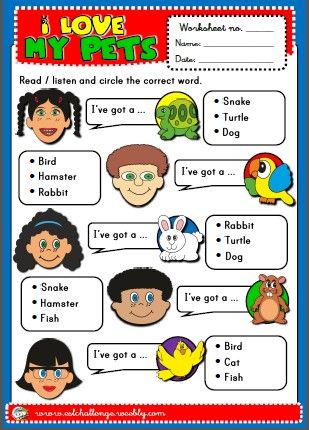
Download Picture This HERE
Act it Out
Act it Out is similar to Picture This except instead of drawings, the students would use actions. The actions are performed as a group or one at a time in front of the class for the others to guess the vocabulary word and write it on the recording sheet.
Download Act it Out HERE
Vocabulary Word Mini Posters
Earlier in this post I explained vocabulary displays. When the teacher is completing the vocabulary posters with the students, the students can complete the mini posters and put them in the vocabulary journals. This is a great option to keep the students engaged and actively participating.
Download Vocabulary Mini Posters HERE
Vocabulary Dice
Vocabulary dice can be used with any list of vocabulary words. Give each student a list or stack of vocabulary words. Students can do this activity independently or with a partner. Once a word is chosen, the student rolls the dice and follows the prompt on the dice.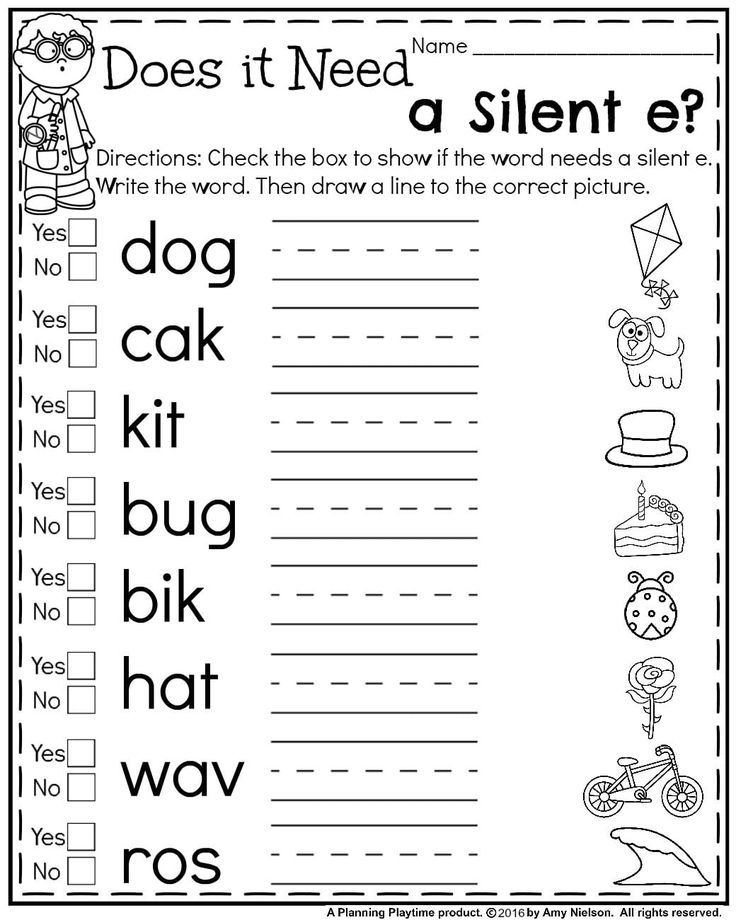 Answers can be provided verbally or written on a piece of paper or marker board.
Answers can be provided verbally or written on a piece of paper or marker board.
Download Vocabulary Dice HERE
Vocabulary Sentences
Students choose five of the trickiest words from the vocabulary word list. Then the student writes a sentence that shows the meaning of the word in context within the sentence. Students can also color the vocabulary word within the sentence.
Download Vocab Sentences HERE
What’s included in this 56-page vocabulary pack:
- Vocabulary Journal
- My 5-Day Vocabulary Routine
- Words of the Week
- Vocabulary Words Worksheet
- Vocabulary Mini Posters
- Roll a Word
- Vocabulary Dice
- Vocabulary Bingo
- Vocabulary Short Stories
- Draw a Word
- Parts of Speech
- Vocabulary Sentences
- Act it Out
- Picture This
- Editable Word cards
- Editable Grammar Flip Flaps
- Vocabulary Posters with Display
- Detailed Explanation with Pictures for each Activity
Download Vocabulary Words Resources HERE
21.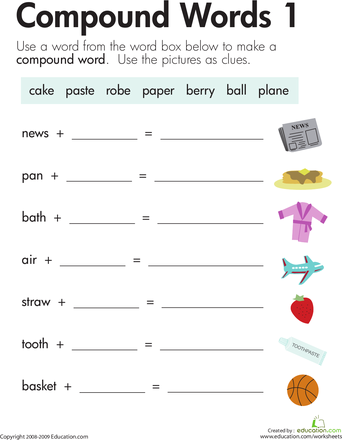 0K shares
0K shares
- Share9
- Tweet
Vocabulary work at the Russian language lessons in the 1st grade. EMC "School of Russia"
Vocabulary work at Russian language lessons in the 1st grade
EMC "School of Russia"
Lesson 2
Guess the riddle.
Curious red nose
Only stick out in the garden
Green heels.
(Carrot.)
|
| - What can you do talk about carrots What is the correct way to write this word? Znaika wrote this word like this: carrot . And Dunno is like this: markoff . Which of them right? This is for you the puzzle game will help. Gather "carrot". - What letters were written by Dunno incorrectly? |
- These are dangerous places in trap letters.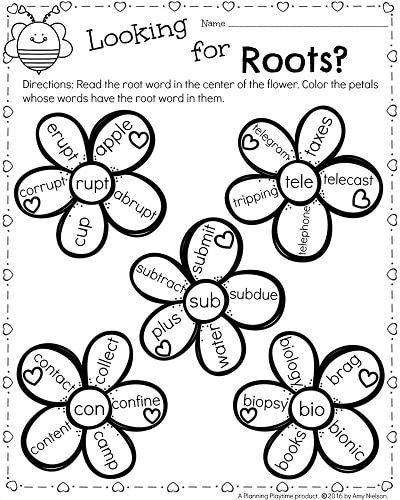 You need to remember these trap letters and always correctly write this word.
You need to remember these trap letters and always correctly write this word.
- Words to memorize we will call vocabulary.
This is the first dictionary word.
- Close your eyes and say it word clearly.
- Restore the offer. (All hints are removed.)
On garden bed grows .
- Write in your notebook the last word.
4 lesson
Guess riddle.
Not an artist, but vociferous,
Not rider, but spurs legs.
(Rooster)
– Who is Rooster ? What can you tell about it?
- In certain regions of our country a rooster is called a peven, a pevun. Words cock , song , songbird - Russian and go back to the verb to sing. This is the name of the rooster for his love of singing.
Rooster - sing, songbird singing bird; loving to sing.
Teacher hangs up card:
– What letter is missing?
– Which word helped you?
Associative memory.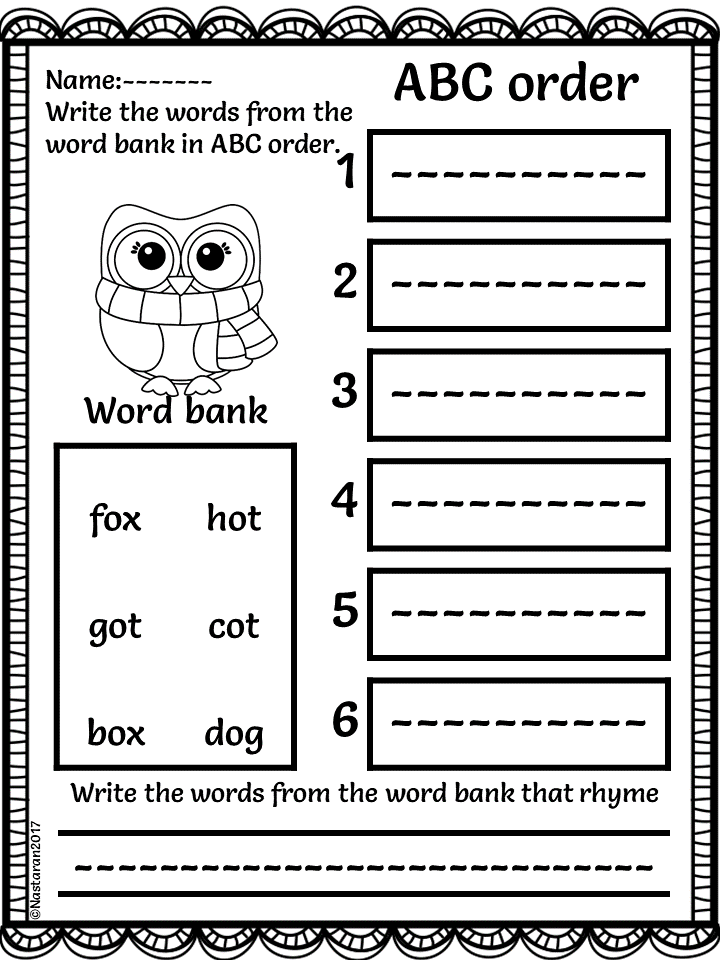
Petya the cockerel,
Bright red scallop.
Our rooster can sing!
(letter We can't erase it!)
Early in the morning at dawn
He plays D!
6 lesson
– In the word all the letters are mixed up. If you put them in the right order, you can read the word - the name of the dish.
RALACTE (plate) .
- Put in word stress.
- What letter does it sound unclear?
- Remember spelling of this word.
- Remember everything vocabulary words that we have studied. Correct Pinocchio's mistakes.
Markov, rooster, torelka.
- Compose with word plate offer.
- Give me description of this proposal.
- Write it down. ( Compiled the proposal writes it on the board with comments .)
7 lesson
From vocabulary words the letters ran away, put them back in their place.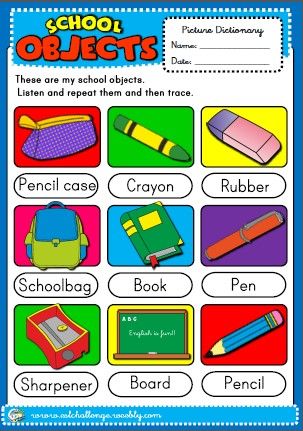
□reel.
11 lesson
Replace pictures words and make sentences.
|
Plays football. |
Dress up the doll. |
- The teacher replaces the pictures words: boy, girl.
Guys, this is new vocabulary words. What do you think are the "dangerous" places to remember in these words?
- Write these off suggestions. What words-objects do you see in these sentences? (Football, doll.)
– And now make sentences about a boy and a girl yourself using the words from the exercise 4, p. 35.
- What it contains your suggestion?
– How is it pronounced?
- What sign do you put punctuation when writing?
- Which words in sentences designate, name an object?
12 lesson
Self-dictation.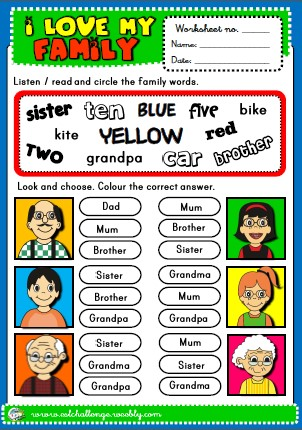
- Remember vocabulary words. Write them down. How many words did you write down?
- What do these words mean? Try asking a question for each word.
– Today we will meet new dictionary words, but they must first be deciphered.
Code:
- What letter is on the second place? She needs to be remembered.
Associative memo.
from rock years,
She gives to everyone dinner.
Then she makes a vow
Not to eat whole Fourty years!
Yes, to be a glutton - trouble!
But you have enough term,
To remember forever,
How to spell "magpie"!
– How old is forty?
- How do we write the word forty ?
- What other bird is in the name combination - oro - ?
- Write down the words: magpie, crow .
- Underline the letter combination - oro - . Memorize the spelling of these words.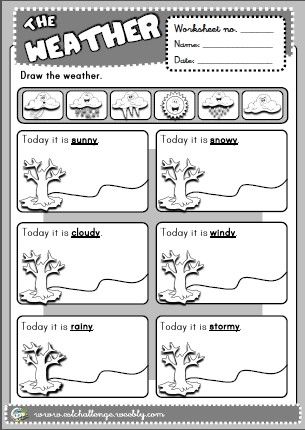
Lesson 13 missing letters in words:
? Solve the riddle.
Small boy
B gray Armenian girl
To dart around the yards,
Crumbs collects.
(Sparrow.)
- When you see how cleverly they drag clumsy pigeons have crumbs, these smart birds, involuntarily think: "sparrow" is simply "thief bey." But some scientists think otherwise. The word "sparrow" goes back to the ancient stem thief . From her are formed words such as gate, fence . Probably for that the sparrow got his the name that has long been spinning near human habitation, on gates and fences sat.
– Things to remember when writing this word? (The letter combination is -oro-.)
- Make a sentence with this word.
- What does your proposal express?
With what intonation is it pronounced? Write it down.
Lesson 14
Remember vocabulary words for birds.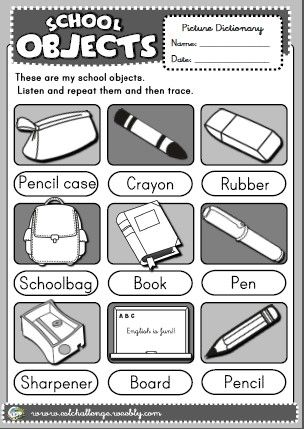 Write them down in a column. Mutually dictant.
Write them down in a column. Mutually dictant.
- What does it mean every word? (Subject)
- Can you come up with words-actions for these words-objects?
- Attribute action words.
Rooster crows (sings, pecks, etc.)
Crow croaks (sitting, flies, etc.)
Magpie chirp (flies etc.)
Sparrow chirps (jumps etc.)
Lesson 17 dictionary words, check his work.
Rooster, sarok, crow, warabey, carrot, arbus.
- What do they mean these words? Choose words for them. Now add to these pairs action words.
- What do you have happened? ( Offers .)
- Why are you so decided?
20 lesson
Insert missing letters and form proper names from these words: S..roka - (surname) ... (Sorokin) , in..rona - (city) ... (Voronovo) , in.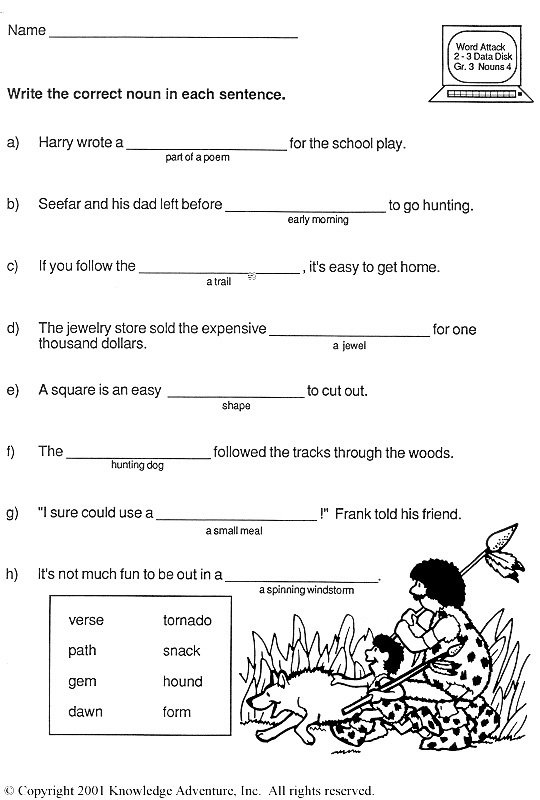 .r..bay - (surname) ... (Vorobiev) , p..tukh - ... (village) ... (Petukhovo) .
.r..bay - (surname) ... (Vorobiev) , p..tukh - ... (village) ... (Petukhovo) .
- As written formed words? Why?
- What other words do we call names?
22 lesson
Guess the riddle.
I confess guilty,
I am cunning and rogue.
I'm in the chicken coop in the evening
I often run in secret.
(Fox)
– Describe this animal. What words did you use, what do they call? (Signs.)
- How to call this male animal gender? (Fox)
- Add a part-ita to this word.
What word did you get? (Fox.)
To part fox - add - and .
It turns out fox .
- Make up and write down a sentence about the fox.
27 lesson
"Neznaykin dictation".
- Correct the errors.
Maskva, Russia, plate, rooster, carrots, kopusta, coat.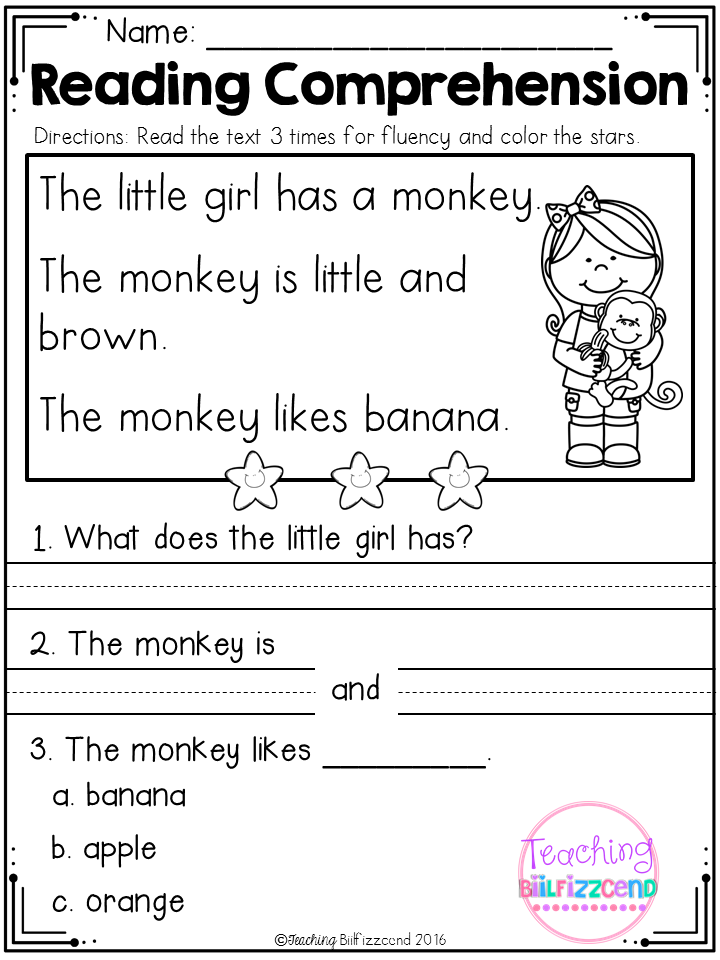
29 lesson
Write vocabulary words with soft sign at the end. (Carrot, furniture, teacher.)
- In which word is the soft sign written in the middle of a word? (Coat.)
- What is it for?
- How else can it be designated softness of a consonant in writing?
31 lesson
Guess the riddle.
I am black red, yellow, blue,
Stuffed solid in wood.
I'm sharp I am friends with a knife
And what I want - I will depict.
(Pencil.)
- Something interesting noticed in writing this word? (The letter and is repeated three times.)
- This word is “friendly” only with letter A.
35 lesson
Which animals are encrypted in rebus: sorobaka ?
- Listen to the story and answer Why is the word "dog" spelled with an "O".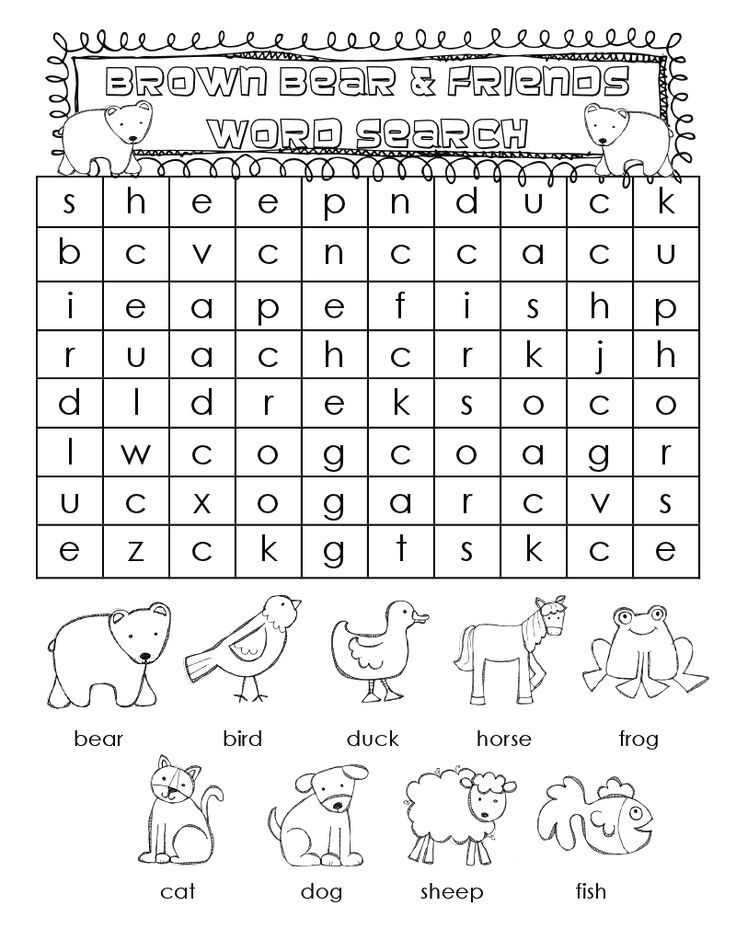
TALE ABOUT BAKU S "O"
Once upon a time there lived a tank. She is knew how to bark, wag her tail, guard the house and loved to howl at the round moon, which is a bit like the letter "O".
She also liked to look at a round cloud and a round sun, similar to the letter "O". In general, of course, you guessed that she fell in love with the letter "O" itself. And when I fell in love, I wanted spelled with this letter.
– All right, – they told her, – we will write you "sides".
– No, I don't want that! From what else sides? Baka was offended.
- I don't want to be called that! I I just want to write with "O".
And they began to write it with "O". Like this: dog. And then just a DOG. So they still write.
42 lesson
Write the word according to its meaning:
As one word for cutlery? (Cookware.)
Capital Russia.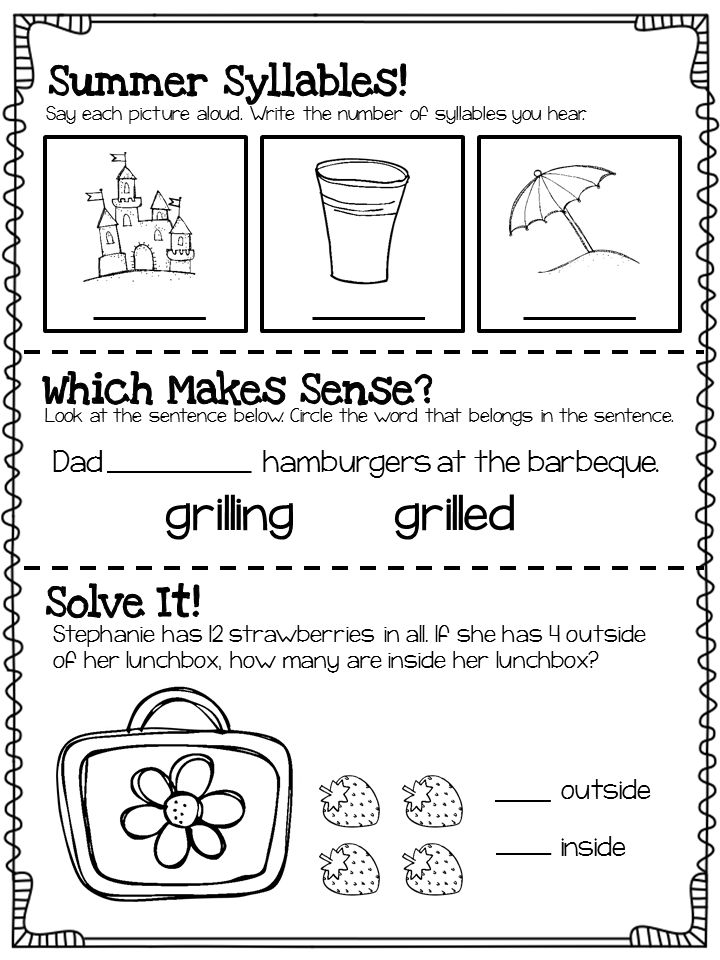 (Moscow)
(Moscow)
Small a bird with gray-black plumage. (Sparrow.)
Child female. (Girl.)
Garden plant, vegetable with an orange sweetish thickened root. (Carrot.)
45 lesson
P..tukh, v..r..bay, k..r..ndash, m..rkov, boy..k.
- Fill in the missing letters.
- Emphasize the last sound.
Which two groups would you divided the words by the last sound?
– Which consonant spelling does it match the pronunciation?
Lesson 47
Dunno's Dictation
Carrot, arbus, pencil boy.
– What rule does Dunno know?
– Is it possible to check the steam room consonant at the end of a word? How? (Suggestions of children.)
Vocabulary work. 1st class | Primary school
Author: Kislitsina Anna Vasilievna
Organization: MAOU "Secondary School" p.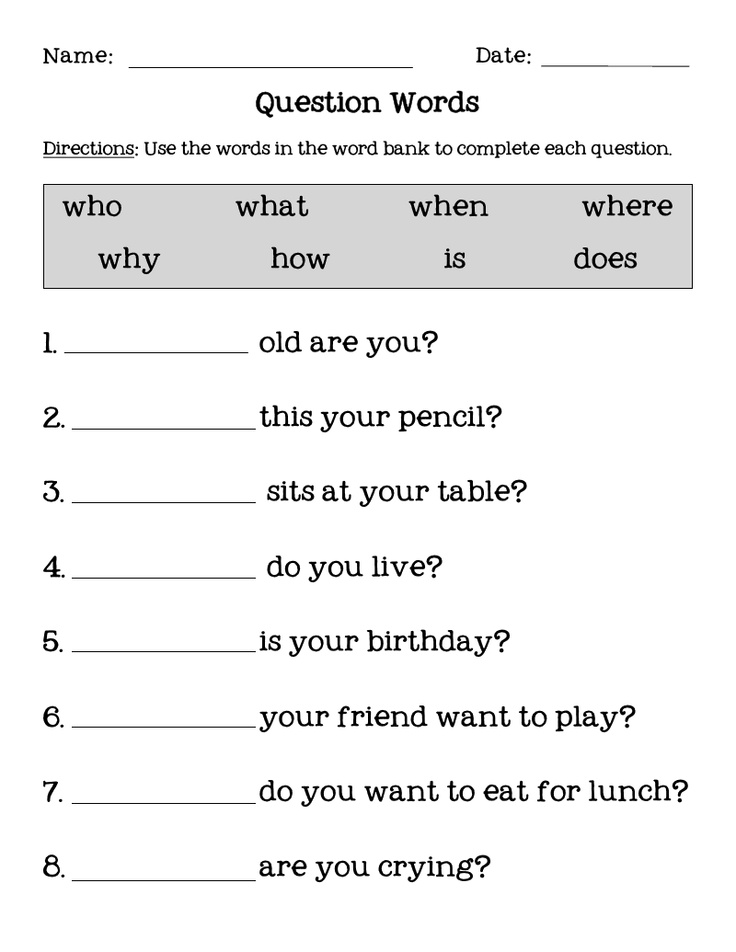 Letka
Letka
Location: Komi Republic, s. Letka
Work on vocabulary words is carried out daily at each lesson of the Russian language. All vocabulary words are combined into thematic groups, each of which is studied during the week. On the first day, the words themselves are introduced, on each of the following days they repeat and perform one of the exercises. At the end of the week, the words are written down from memory or from dictation and the list is supplemented with the words covered earlier.
Vocabulary exercises in Russian lessons
1) Theme “Birds”
Sparrow, magpie, crow, rooster.
Exercise 1.
Vocabulary words are written on the board. Children read them in syllables, in whole - in words (quickly, slowly, to themselves). Then the teacher “closes” the words.
Students are asked to remember the words:
- with unstressed vowel e;
- which begins with a deaf consonant hard sound;
- in which there is a combination -oro-;
- consisting of two syllables;
is the third word in the list.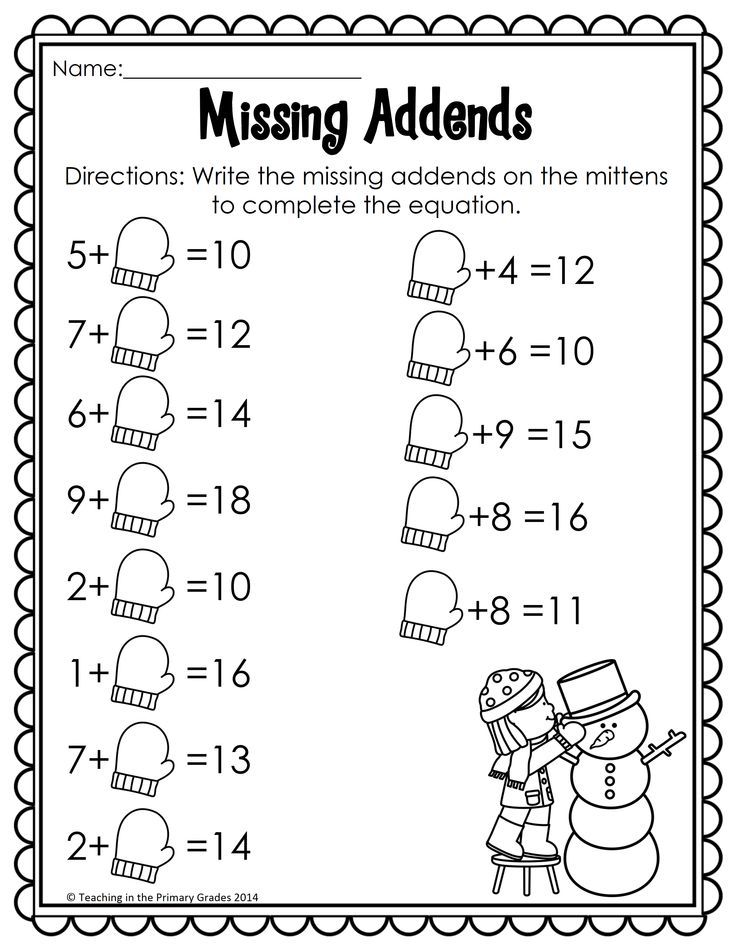
Next, the guys write down these words from memory. When all the children finish writing, the teacher opens the record on the board, each child checks the result.
Exercise 2.
Write dictionary words alphabetically.
Exercise 3.
Find and underline vocabulary words, write in a notebook.
Dark magpie raven crow truff rooster sparrow sparrow paregla
Exercise 4.
Write vocabulary words from memory.
2) Theme "Wild and Domestic Animals"
Cow, hare, fox, bear, dog.
Exercise 1.
The teacher shows cards with vocabulary words. The task of the children is to silently read and remember the word. The time for presenting each card is 5 seconds. Next, the teacher invites students to listen to a story in which words will occur. Children, having heard the word, should give a signal - clap their hands. Then those words that the children remembered, having seen and heard, they write down in a notebook.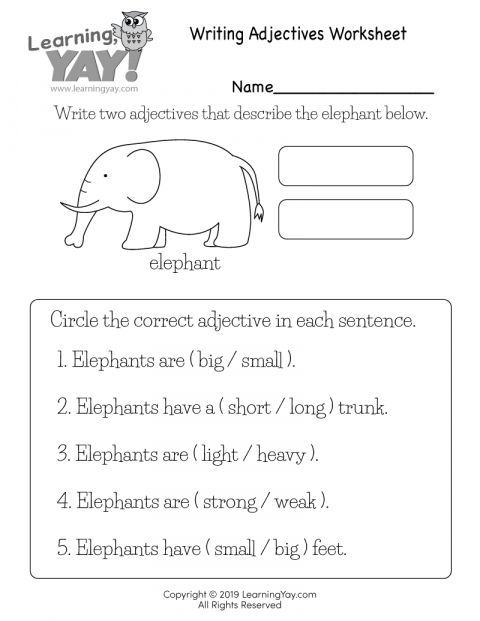
One day we were going to the forest. The forest path led us to the forester's house. A dog ran towards us and barked at us. The forester Ivan Vasilyevich approached. He led the cow to pasture. We went together. Ivan Vasilyevich told us that he saw a bear in the forest. The bear was eating raspberries at the edge of the forest. Dog Weasel ran forward and suddenly barked loudly at someone. The forester said that she saw a fox or a hare. In our forests you can meet not only a hare, a fox or a bear. Many different animals live in our area.
Exercise 2.
Divide the words into two groups. Write each group of words in a separate column.
Exercise 3.
Write down the first syllable of each word, complete this syllable to a new word.
Exercise 4.
Write vocabulary words from memory, divide them into two thematic groups: "Birds", "Wild and Domestic Animals".
3) Village theme
Village, work, car, milk.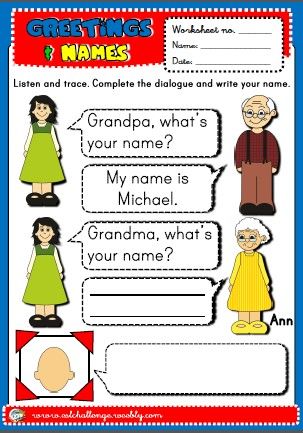
Exercise 1.
The teacher shows cards with vocabulary words. The task of the children is to silently read and remember the word. The time for presenting each card is 5 seconds. Next, the teacher invites students to listen to a story in which words will occur. Children, having heard the word, should give a signal - clap their hands. Then those words that the children remembered, having seen and heard, they write down in a notebook.
We live in a village. Pets are kept in every house: cows, goats. They give a lot of milk. Hay is brought in by car. There is a lot of work in the village. We also help our grandmother. Field beds, watering flowers, raking hay. Grandmother treats us with delicious fresh milk. not afraid of work!
Exercise 2.
Compose and write down one sentence from these words.
Exercise 3.
Write down the words, separate them for transfer.
Exercise 4.
Write words from memory.
4) Theme "School"
Class, student, pupil, teacher, teacher.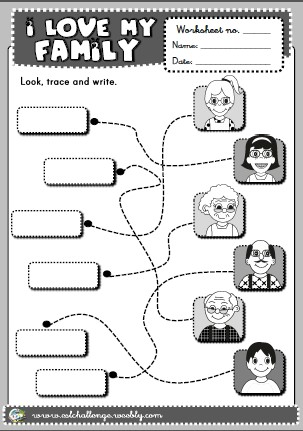
Exercise 1.
The teacher shows cards with vocabulary words. The task of the children is to silently read and remember the word. The time for presenting each card is 5 seconds. Next, the teacher invites students to listen to a story in which words will occur. Children, having heard the word, should give a signal - clap their hands. Then those words that the children remembered, having seen and heard, they write down in a notebook.
Our teacher is sick. The teacher Vera Petrovna came to our class for a lesson. The students sat quietly and listened attentively to the teacher. Misha, a first grade student, went to the blackboard. He solved the problem and example. Student Masha wrote a sentence without errors. The teacher praised the children. The class thanked Vera Petrovna for interesting lessons.
Exercise 2.
Add words:
Spacious _______, capable __________, patient ____________, rural ______________, diligent _____________.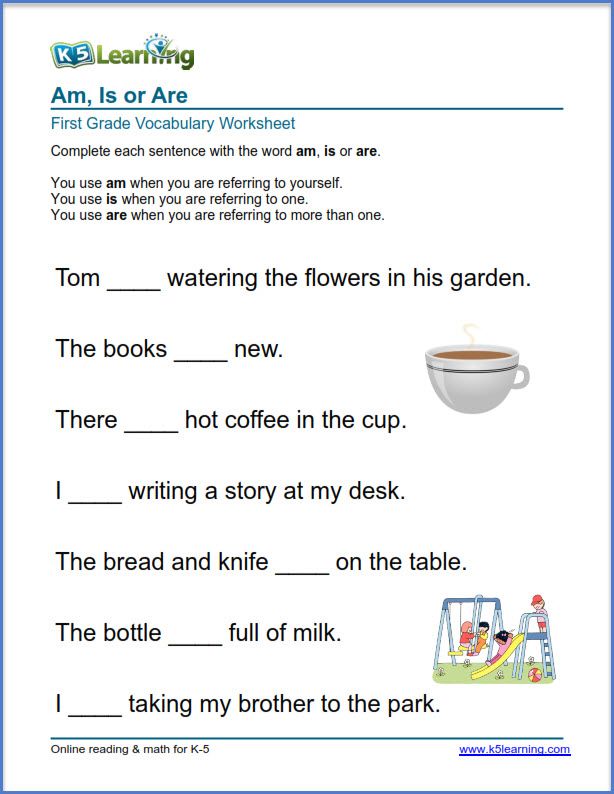
Exercise 3.
Replace the sentences with one dictionary word.
- One of the most widespread social professions, teacher, educator.
- A student in primary or secondary education.
- School room.
Exercise 4.
Write words from memory.
5) Theme "School" (continued)
Pencil, duty officer, notebook, pencil case, Russian.
Exercise 1.
Vocabulary words are written on the board. Children read them in syllables, in whole - in words (quickly, slowly, to themselves). Then the words "close".
Students are asked to remember the words:
- words with unstressed vowel e;
- a word with a soft sign at the end;
- a word with a double consonant;
- a word with a double consonant at the end;
is the second word in the list, the last word in the list.
Next, the guys write down these words from memory. When all the children finish writing, the teacher opens the record on the board, each child checks the result.
Exercise 2.
Compose sentences that differ in the purpose of the statement. Write down one sentence.
Exercise 3.
Write the words in two columns: in the first column - with voiceless consonants at the end of the word, in the second - with voiced consonants at the end of the word.
Exercise 4.
Vocabulary dictation.
6) Theme "Friendship"
Guys, girl, boy, good, fun.
Exercise 1.
The teacher shows vocabulary cards. The task of the children is to silently read and remember the word. The time for presenting each card is 5 seconds. Next, the teacher invites students to listen to a story in which words will occur. Children, having heard the word, should give a signal - clap their hands. Then those words that the children remembered, having seen and heard, they write down in a notebook.
The girl Masha and the boy Sasha became friends. The guys often spent time together.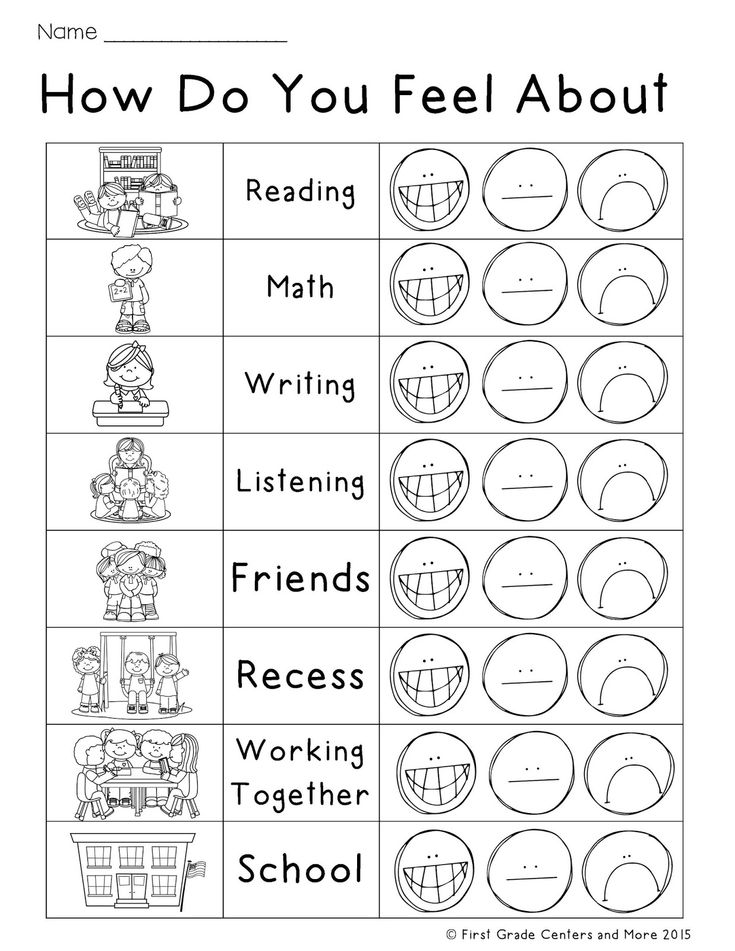 They had fun. They walked in the park, rode bicycles, played ball. One day Masha fell ill. The boy Sasha came to the girl every day. He brought fruits and books so that the girl would not be bored. Masha is a good friend! The girl soon recovered. And the guys started playing together again: friendly and fun! 9Exercise 2
They had fun. They walked in the park, rode bicycles, played ball. One day Masha fell ill. The boy Sasha came to the girl every day. He brought fruits and books so that the girl would not be bored. Masha is a good friend! The girl soon recovered. And the guys started playing together again: friendly and fun! 9Exercise 2
Boy, ______________.
Guys, ________________.
Exercise 3.
Collect words: ka, de, voch; chick, boy; bya, that, re; ro, ho, sho; se, ve, lo.
Exercise 4.
Vocabulary dictation.
7) Clothes theme
Coat, clothing, scarf, boots.
Exercise 1.
Vocabulary words are written on the board. Children read them in syllables, in whole - in words (quickly, slowly, to themselves). Then the teacher “closes” the words.
Students are asked to remember the words:
- with unstressed vowel o;
- with a soft sign in the middle of a word;
- consisting of three syllables;
- with a double consonant at the end;
- first word in the list, last word in the list.